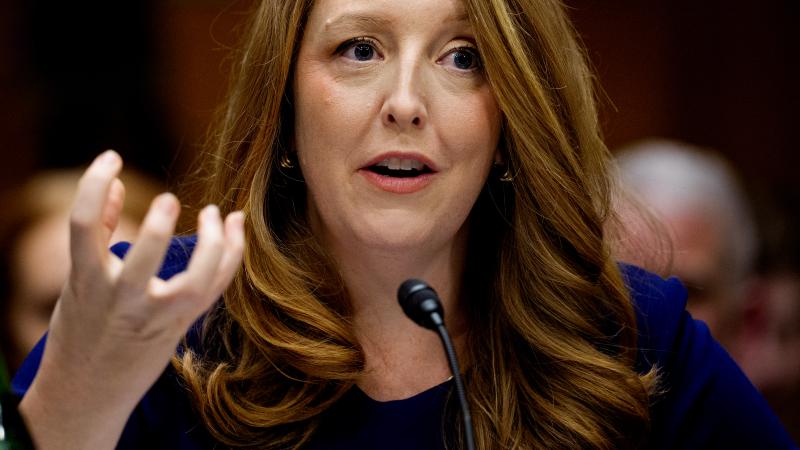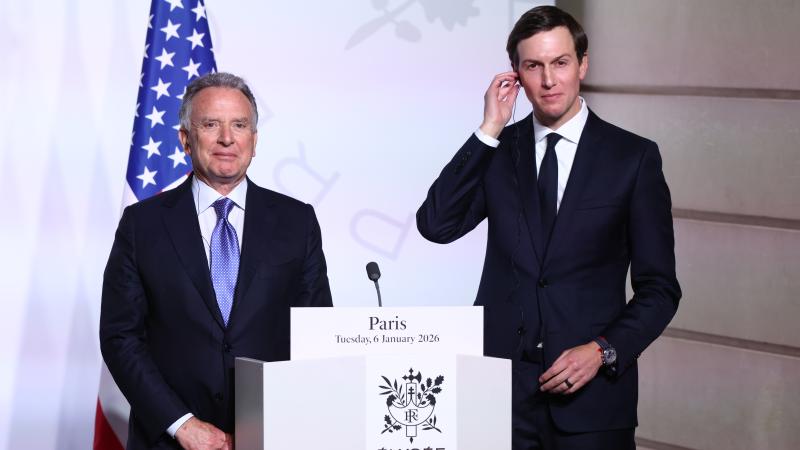Congress' top watchdog: 'Indications of widespread fraud' in COVID relief programs
A hearing on waste, fraud and abuse in pandemic relief programs was the GOP-led House Oversight Committee's first major hearing
Congress' top watchdog acknowledged Wednesday, during the first major hearing of the now-Republican-led House Oversight committee, indications of "widespread fraud" across several pandemic relief programs but also said the extent still remains unclear.
The acknowledgment was made by the leader of the Government Accountability Office, who indicated fraud was found in such taxpayer-funded COVID-19 relief efforts as the Paycheck Protection Program and the pandemic unemployment benefit program.
"It will be a while before the full extent of the fraud is known," said Gene Dodaro, the office's comptroller general. "There are definitely indications of widespread fraud, but it's impossible to estimate right now what the full extent will be."
Some studies have already estimated that as much as 10% of the loans issued under the Paycheck Protection Program, about $80 billion, were obtained fraudulently.
The Justice Department is actively investigating cases of fraud under the Paycheck Protection Program, which was designed to issue forgivable loans to qualified businesses during the pandemic. Hundreds of individuals have been charged so far.
Michael Horowitz, chairman of the Pandemic Response Accountability Committee, also testified at the hearing focused on the "rampant waste of taxpayer dollars in COVID relief programs."
Horwitz attributed much of the fraud in the PPP to the first round of funds that went out, roughly $400 billion. He said partner lenders were not required by law to verify the identity of applicants or verify that the business on the application form was a legal entity.
"The amount of identity theft was extraordinary here and it needs to be addressed," he said.
Horowitz said the government still has to check whether 200,000 Social Security numbers used to obtain relief funds were stolen or not.
Dodaro said the goal is to prevent the fraud before the money goes out.
He warned against “self-certification” to become eligible for any relief funding going forward. Dodaro said applicants should be required to produce documents such as IRS tax transcripts to qualify for federal dollars.
The latest estimate shows pandemic unemployment benefit fraud topping $60 billion, according to the Government Accountability Office.
Only a small fraction of the total estimated amount of fraudulently obtained funds has been recouped so far. California announced it had recouped $1.1 billion in stolen unemployment funds.
Dodaro said the Labor Department's inspector general's office is opening up 100 new fraud cases each week.
The Justice Department hasn't released final figures for fiscal 2021 or 2022 for the amount of fraudulent funds that have been clawed back. In fiscal 2020, just $2.2 billion was recouped in total.















